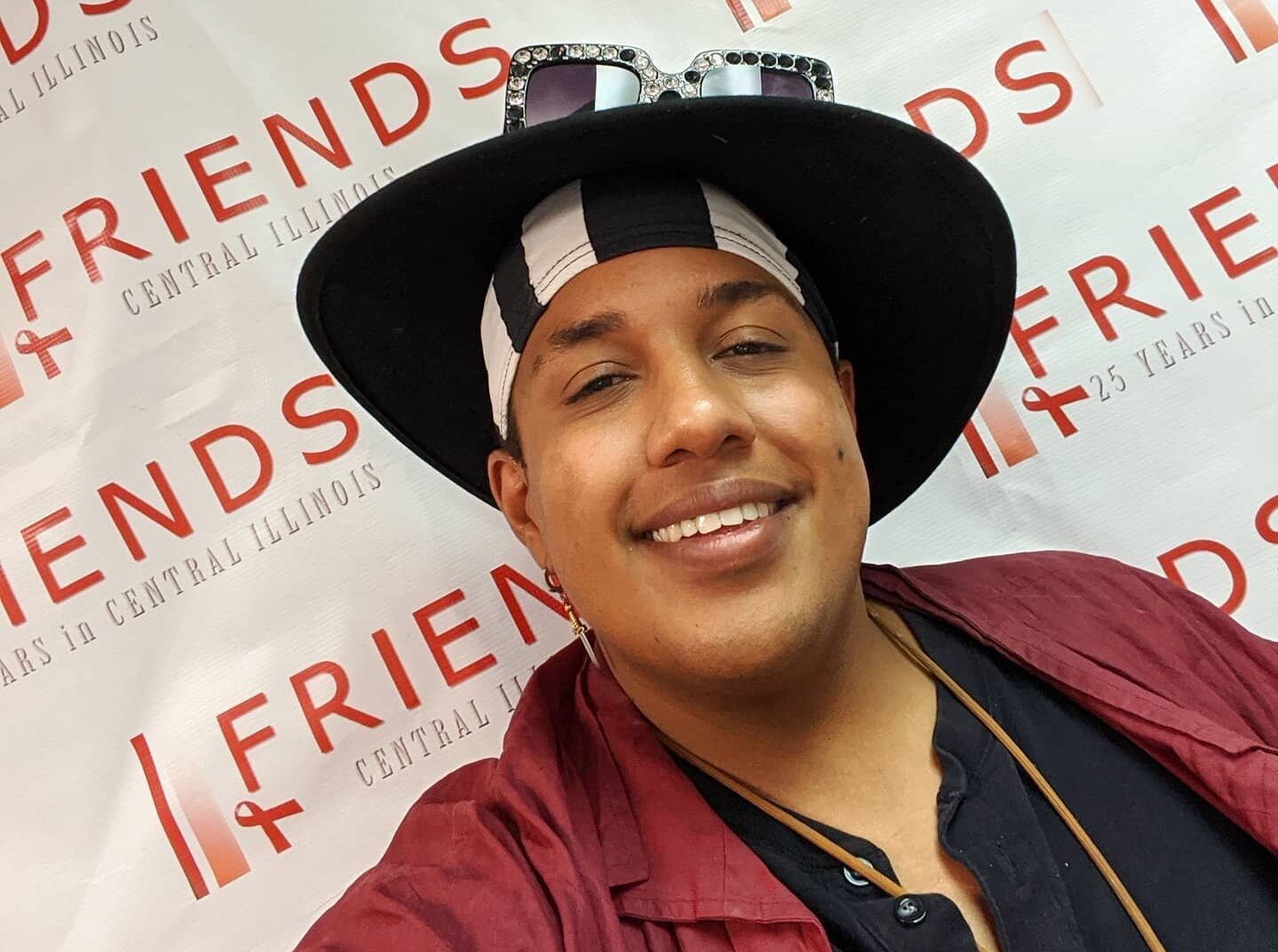
August 27, 2020
Metronormativity is dangerous for LGBTQIA+ people’s health and well-being
This should go without saying, but there are LGBTQIA+ folks everywhere, and I mean it, everywhere. I feel like everyone, myself included, is guilty of the mindset that you have to move to a large metropolitan area to find community, to find other queer folk. Now, this is not to discredit those many folks who have had negative experiences or a lack of community growing up in a more rural area. Those stories are real, valid and heartbreaking.
I grew up queer (though not out at the time) and Black in a small, mostly white town in West Virginia, so I understand wanting to leave to find community, to find safety, to find place. What I want to focus on though is the constantly reinforced narrative that only metropolitan spaces have room for LGBTQIA+ individuals. That these are the only spaces in which we exist, thrive and are welcomed. This metronormativity can be harmful to queer folks outside dense, urban areas. We exist everywhere.
Not everyone has the means to leave and run to the city to exist in their truth. Not everyone wants to, nor should they have to. This is not to say that everyone needs to work to make spaces for themselves in these more rural areas, but to more so acknowledge that they exist. We see a narrative get constantly reinforced, from Taylor Swift music videos to YouTube comedy skits, that rural folks are ignorant, hateful, and most definitely not LGBTQIA+. This is a harmful narrative towards the folks that are queer and live in these areas. They associate their identity, their home, with hate and disdain.
This also, on a larger scale, affects public health, prevention and education. Funding for HIV prevention and care, LGBTQIA+ medicine and education often goes toward larger metropolitan areas. Now, there are definitely more folks in need of these services in these areas, but when there is an actual need for these services in rural health, it is often overlooked due to metronormativity. Folks in these areas have to travel miles and miles to access care.
Nevertheless, there are steps that can be taken to remedy some of this:
#1 Don’t promote false narratives
Don’t push the narrative that LGBTQIA+ folks only exist in metropolitan areas. We exist everywhere. Pride exists everywhere. Even during this year, amidst an international pandemic, folks in all areas found ways to celebrate Pride. Here in downstate Illinois, there were so many digital Pride events, shows, educational opportunities and celebrations, folks anywhere could celebrate and feel embraced. Oddly enough, during a time where we can feel so far apart, many folks in this region found incredibly accessible ways to feel connected, to feel seen and to feel like a community.
#2 Don’t stereotype rural areas or the people who live there
Hate and ignorance takes many forms. To constantly portray rural folks as the epicenter of hate in the world further promotes metronormativity and negative stereotypes while alienating rural queer folks. If you want to depict the hate and ignorance that we as a community face, show it in the many forms it takes.
#3 Remember rural areas when allocating health resources
When thinking of services and allocating resources for health and medicine, do the research to see what all communities need, or if a larger metropolitan area has the resources to do so, conduct outreach to areas on the outskirts of your region. Make accessible care for all folks or provide ways in which people can easily reach and utilize resources.
Metronormativity is a dangerous concept for LGBTQIA+ folks’ health and well-being. Our community exists everywhere and should be connected. When acknowledging hate and ignorance in the world, or representing it, don’t fall into easily recognizable stereotypes and tropes. Provide care and understanding for folks regardless of their location. Be a voice that recognizes and supports those easily forgotten or overlooked.
Alexander Martin (They/Them/Theirs) is a Black, Non-Binary, artist, advocate and educator working out of Central Illinois. Born and raised in West Virginia, they now live in Peoria, IL working as the Outreach and Marketing Coordinator for Central Illinois Friends, a non-profit organization that focuses on HIV prevention and sexual health.
